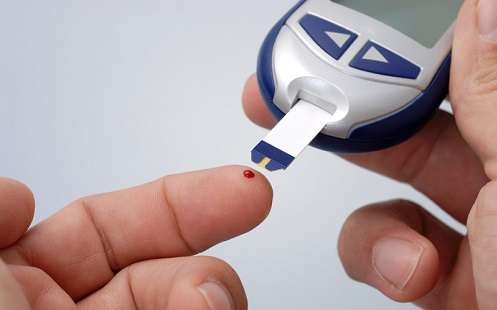Credit: University of Western Sydney
Research into type 2 diabetes conducted by Western Sydney University has for the first time established a range of clinical thresholds for testosterone levels in men associated with developing diabetes.
The link between low testosterone levels and risk of type 2 diabetes is well documented, and the new research pinpoints the level of risk to men according to their blood testosterone levels.
Research leader Dr Evan Atlantis says the findings indicate that men with decreasing testosterone levels have corresponding increasing risk of developing diabetes.
"For example, if you have a testosterone level of less than 16 nanomoles per litre, which is really common, you have a 13% chance of developing diabetes within 5 years.
"But if you have a level less than 10, which is found in about 8% of men in this age group, the chance of developing diabetes jumps to 20%," says Dr Atlantis.
Developed in collaboration with the University of Adelaide, the research gives general practitioners and diabetes specialists a better understanding about low testosterone levels in men to improve current type 2 diabetes screening programs..
"Low testosterone levels in men are associated with a range of medical conditions, including obesity, sexual dysfunction, depression and heart disease, as well as diabetes," he says.
However Dr Atlantis says all hope is not lost for men with low testosterone levels.
"Men with low testosterone levels can start by making small changes to their everyday lives, such as improving diet and exercise habits," he says.
"Lifestyle interventions that focus on achieving a healthy body weight are proven strategies for preventing diabetes".
And there is exciting new drug research underway to improve the benefits of lifestyle intervention.
"Currently, we are undertaking research to determine whether testosterone therapy with lifestyle intervention will reduce the rate of type 2 diabetes in men with both low testosterone and pre-diabetes or newly diagnosed type 2 diabetes more than lifestyle intervention alone over two years."
More information: More information can be found here: www.t4dm.org.au/
Provided by University of Western Sydney




















